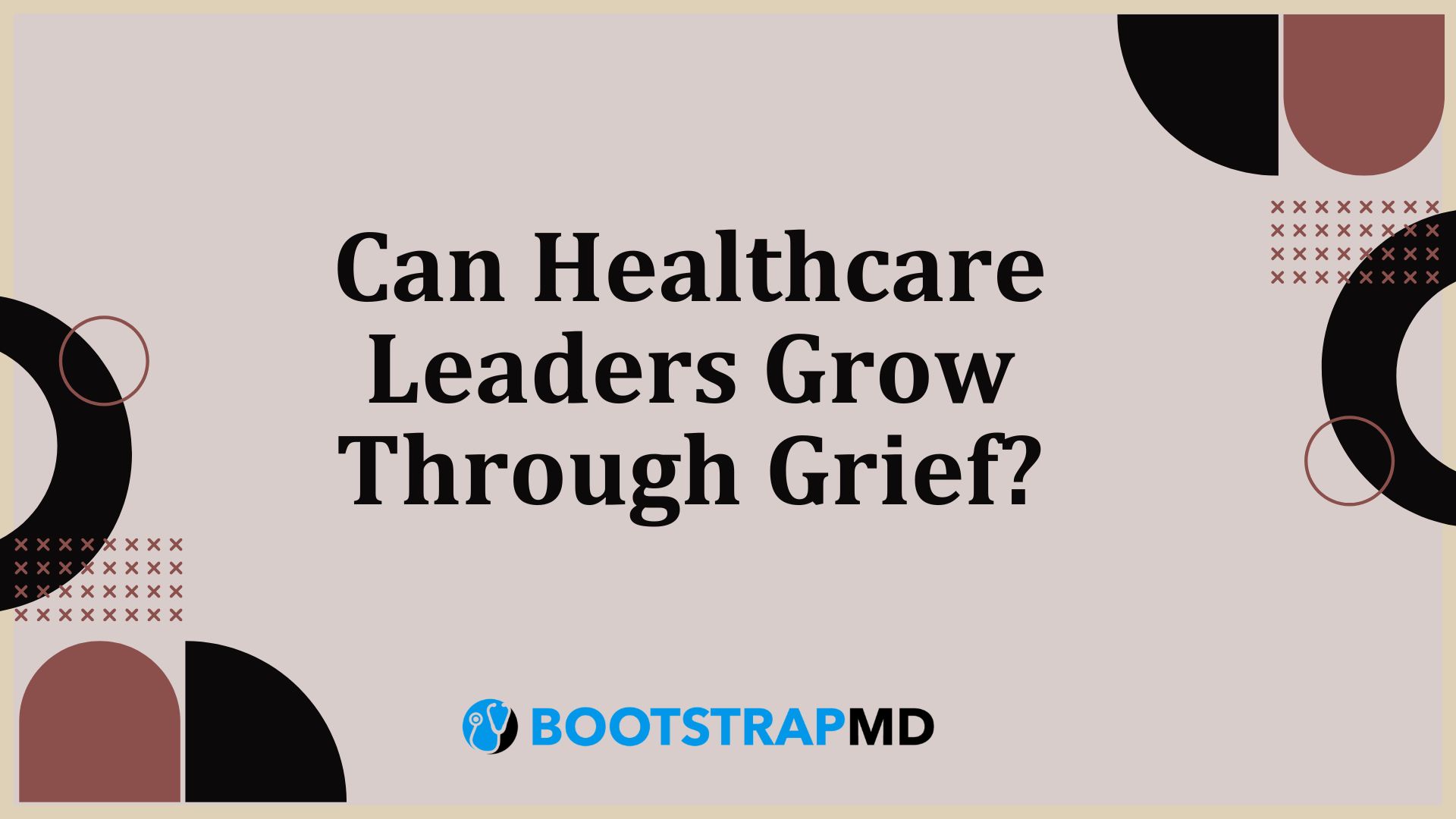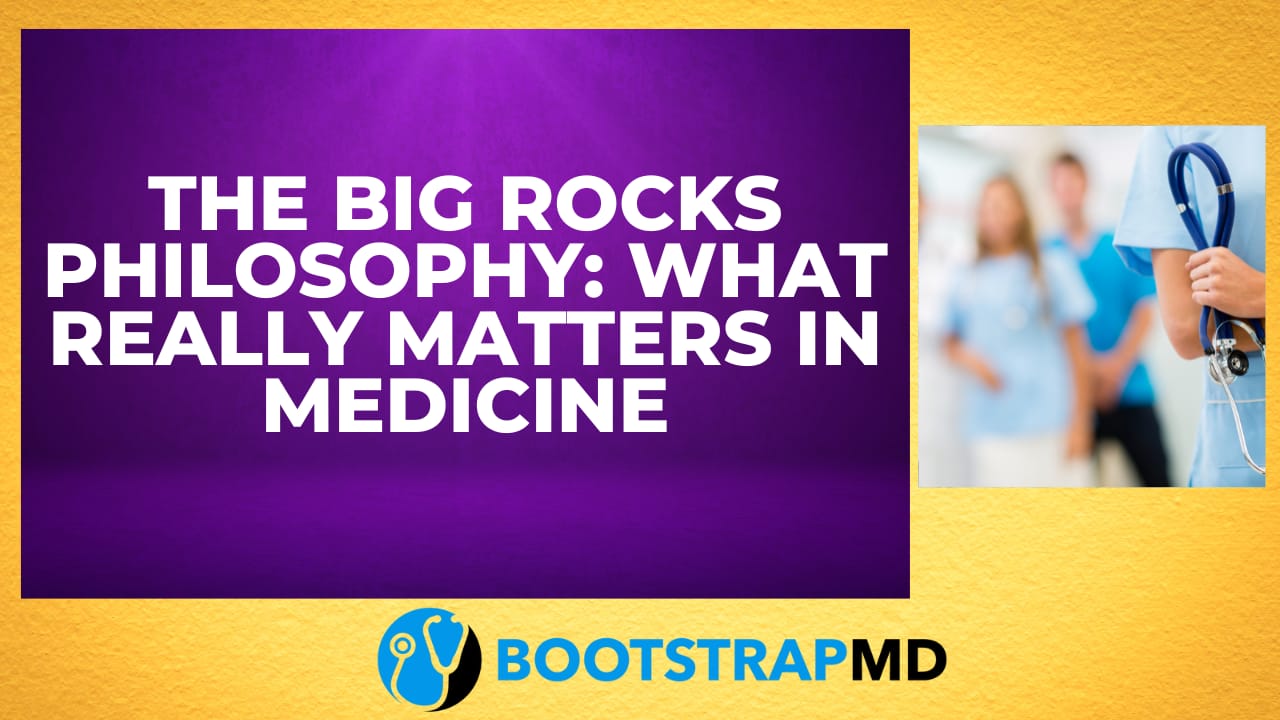- The Lounge
- Posts
- Can Healthcare Leaders Grow Through Grief?
Can Healthcare Leaders Grow Through Grief?
When medicine funds your freedom / How networking shapes your success / Lessons from repeat entrepreneurs

The LOUNGE - A Newsletter for Savvy Physicians
We scour the net, selecting the most pertinent articles for the busy doc so you don’t have to! Here’s what kept our focus this week…
Can leadership survive the kind of grief that has no diagnosis code?
Can doctors really make money in their sleep—or is “passive income” just another myth in medicine?
A strong professional network is one of the biggest differentiators between thriving and struggling professionals.
Over 90% of startups fail, despite the myth of entrepreneurship as an equal playing field.
Feeling uneasy about AI at work? You’re not alone—and your anxiety actually makes perfect sense.
In a world obsessed with ease, one investor argues that struggle is the ultimate asset.
Save Up to 30% on Insurance
Running a practice is tough—and rising health insurance costs don’t help. That’s why a physician created Ryze Health: premium coverage built exclusively for independent doctors, their employees, and families—with real cost savings.
👉 Get your quote today at ryzehealth.com and follow @RyzeHealth for updates.
The Big Rocks Philosophy: What Really Matters in Medicine
Why do physicians work 60-hour weeks yet feel unfulfilled?
In this episode of Bootstrap MD, Dr. Mike Woo-Ming shares a powerful lesson from PIMD Con 2025, where Dr. Peter Kim’s rock jar demonstration—using rocks, pebbles, sand, and water—illustrated the cost of filling life with trivial tasks instead of meaningful priorities. Reflecting on his decision to prioritize school pickups for his son and a colleague’s near-fatal health scare, Dr. Woo-Ming explores how urgency and metrics trap physicians in “sand.” He offers a practical five-step “doctor’s orders” plan to schedule big rocks, set boundaries, and reassess priorities, empowering physicians to combat burnout and design sustainable, joy-filled careers.
Join Doctors Online Success
A free discussion forum exclusively for physicians! Connect with like-minded doctors, share insights, and gain valuable strategies for success in medicine and beyond. Don't miss out—sign up today and start the conversation!

LOUNGE TALK
Dana Y. Lujan, MBA, shares an unfiltered reflection on loss, resilience, and leadership born from personal tragedy. After losing both her son and his father in separate accidents, Lujan’s world—and identity—collapsed. Once a healthcare leader guiding others through organizational change, she suddenly found herself on the other side of care, confronting a system unequipped to treat grief that defies clinical coding. Medications and therapy offered structure, but not meaning. Through this devastation, she redefined persistence—not as strength or perfection, but as the quiet courage to keep choosing life. Her leadership philosophy evolved: compassion now starts with self-compassion, and resilience means surrendering to growth rather than resisting pain. Today, she teaches that true healing—and effective leadership—arise not from control, but from the humanity to lead through scars, not despite them.
Dr. Nirav Shah explores whether passive income is truly achievable for physicians—or merely an illusion wrapped in financial jargon. With 74% of doctors citing burnout as their top reason for wanting to leave clinical practice, the search for smarter, lower-effort income streams is intensifying. Shah argues that while real “passivity” is rare, strategic optimization, ownership, and system-building can create sustainable cash flow. From renegotiating supply contracts to investing in medical real estate or productizing clinical expertise, physicians can convert active income into compounding assets. For employed doctors, negotiating time flexibility or hybrid work models can free capacity for entrepreneurial ventures. However, true passive returns require heavy upfront effort, discipline, and a long-term mindset—often taking years, not months, to materialize. In the end, Shah emphasizes integrity: physicians must protect public trust when monetizing expertise. Passive income, he concludes, isn’t effortless—it’s earned through leverage, patience, and purpose.
Support Our Sponsor: Student Loan Planner
Concerned about medical student loans? It's time for a custom action plan. Talk with these experts who've helped over 11,000 borrowers take on $2.5 billion in student debt. Book your meeting today!
In a world where “who you know” often outweighs “what you know,” author Peter Economy highlights seven networking mistakes that can quietly derail professional success. Drawing on research from the University of Chicago, he emphasizes that networks are vital for career growth, yet too many professionals misuse or neglect them. Common pitfalls include reaching out only when you need help, rejecting virtual interactions, and treating networking as optional. Gossiping, ignoring “unimportant” contacts, and trying to impress rather than connect authentically can also erode credibility fast. Economy reminds readers that effective networking is a career-long discipline built on mutual value, respect, and consistency—not transactions. The quality of your relationships, not their quantity, determines real influence. The takeaway: your network isn’t just a list of contacts—it’s a living ecosystem that thrives only when you invest in it regularly.
More than 90% of startups fail, yet serial entrepreneurs consistently rise above the odds. Colin C. Campbell argues that their advantage isn’t luck or genius—it’s experience, pattern recognition, and discipline. Having faced failure before, repeat founders develop sharper instincts for timing, market fit, and storytelling that attract investors and customers alike. They build playbooks that guide every stage of the entrepreneurial journey—from launch to exit—and learn to anticipate pitfalls most first-time founders miss. Their success stems from frameworks, not flashes of inspiration. By treating entrepreneurship as a repeatable process rather than a one-shot gamble, serial founders convert experience into a measurable edge. The takeaway: success in startups isn’t just about bold ideas—it’s about mastering the patterns behind them.
The rise of generative AI is sparking widespread anxiety among workers and leaders—and it’s not irrational. According to Morra Aarons-Mele, our nervous systems are hardwired to perceive rapid change as a threat, flooding us with stress hormones that mirror our ancient fight-or-flight response. Three main factors fuel this tension: a lack of control over AI’s speed and direction, a loss of meaning in work as creativity and agency feel threatened, and the discomfort of facing emotions we’d rather ignore. Yet understanding and unpacking this anxiety can be empowering. Aarons-Mele argues that by naming our emotions, identifying the values they threaten, and taking deliberate action—whether through learning, advocacy, or emotional regulation—we can lead more effectively through disruption. In short, learning to “surf the AI wave” is less about mastering technology and more about mastering ourselves.
Financial Samurai’s latest reflection explores how enduring discomfort—not avoiding it—builds both wealth and character. After years of financial discipline, the author admits he still struggles to spend freely, revealing how deep the “suffering mindset” runs even after achieving financial independence. He argues that life’s most meaningful gains—strong finances, health, and relationships—come from embracing hard work and delayed gratification. Suffering, he suggests, becomes easier when it’s done for someone else’s benefit, such as investing for one’s children instead of splurging on personal luxuries. His own choice to forgo a First Class ticket to Hawaii and redirect the savings into his daughter’s investment account illustrates how sacrifice can become an act of love and legacy. The essay ultimately reframes endurance not as deprivation but as gratitude in motion—a reminder that controlled suffering cultivates both resilience and appreciation.
WANT TO REACH THOUSANDS OF FORWARD-THINKING PHYSICIANS? CONSIDER SPONSORSHIP. CONTACT US FOR DETAILS.
Lightstone DIRECT invites you to partner with a $12B AUM real estate institution as you grow your portfolio. Access the same single-asset multifamily and industrial deals Lightstone pursues with its own capital – Lightstone co-invests a minimum of 20% in each deal alongside individual investors like you. You’re an institution. Time to invest like one.
QUICK BITES
What 25 years in ecommerce taught me about building businesses that last.
6 defensive behaviors that show up at work—and how psychological safety can help.
3 steps for better interviews.
What psychiatry can teach all doctors.
Like the newsletter? Share it with someone you know! If you have any feedback or suggestions for future issues, please don’t hesitate to reach out!
“The simple act of caring is heroic.”

